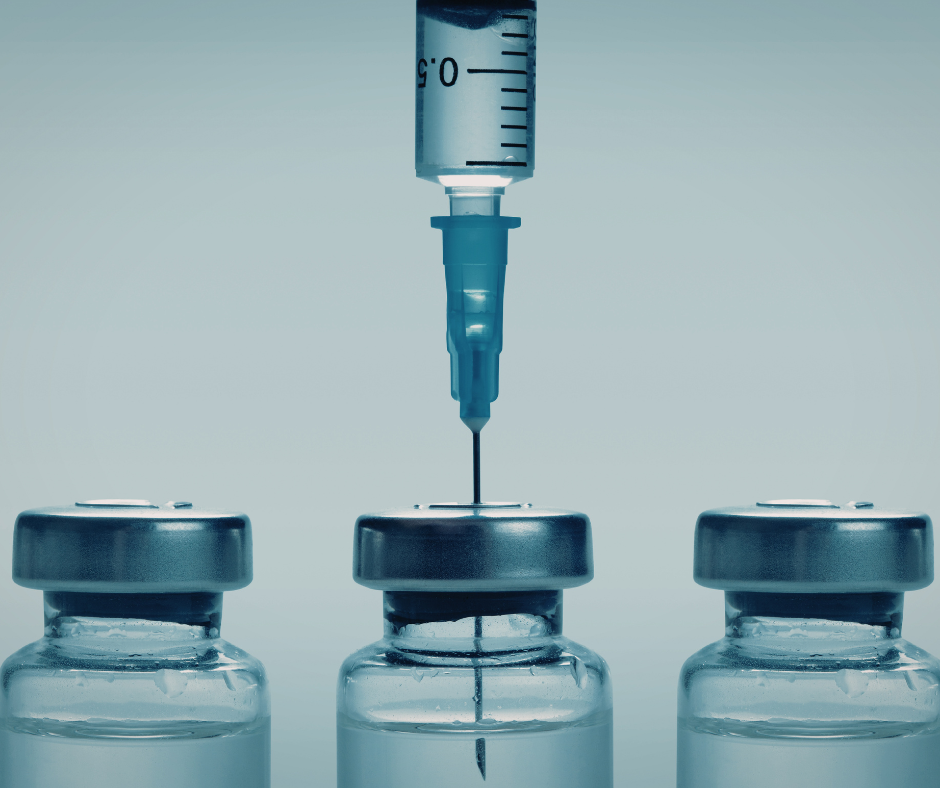When it comes to peptide therapy, the spotlight has recently shifted toward TB-500, a promising alternative to the now-regulated peptide, BPC-157. The regulatory changes surrounding BPC-157 have prompted many patients who used it for injury repair to explore other options. TB-500, known scientifically as a derivative of Thymosin Beta-4, has emerged as a leading candidate, offering a range of benefits that are capturing the attention of both practitioners and patients alike.
What is TB-500?
TB-500 is a synthetic version of the active site of the naturally occurring peptide Thymosin Beta-4, which is found in high concentrations in blood platelets, wound fluid, and other tissues in the body. It plays a critical role in the protection, regeneration, and remodeling of injured or damaged tissues. The peptide is specifically designed to facilitate the healing process and promote the growth of new blood cells, muscle cells, and dermal cells.
Benefits of TB-500
The therapeutic potential of TB-500 is vast, mirroring the benefits of BPC-157 but with its unique attributes:
- Enhanced Healing: TB-500 is primarily known for its remarkable healing properties. It accelerates wound healing and the repair of muscle, skin, and collagen. This makes it an excellent option for athletes, individuals recovering from injuries, or those undergoing surgeries.
- Anti-Inflammatory Properties: Like BPC-157, TB-500 exhibits significant anti-inflammatory effects, which help reduce swelling and discomfort in areas of injury or inflammation. This is particularly beneficial for chronic inflammatory conditions and autoimmune issues.
- Flexibility and Mobility Improvement: By promoting the growth of new blood cells and muscle cells, TB-500 helps enhance flexibility and mobility. This is crucial for maintaining joint health and preventing stiffness or age-related decline in range of motion.
- Hair Growth: An interesting benefit of TB-500 is its ability to promote hair growth. Individuals experiencing hair thinning or loss may find TB-500 helpful in regenerating hair follicles and enhancing hair density.
- Cardiac Protection: Research suggests that TB-500 can help protect and regenerate heart cells, which is invaluable for those with cardiac concerns or who are recovering from heart-related procedures.
TB-500 vs. BPC-157
While both peptides are celebrated for their healing properties, the increased regulation around BPC-157 has steered the community towards TB-500. TB-500 is very comparable to BPC-157 and helps promote tissue regeneration, wound healing, angiogenesis (forms new blood vessels), and has anti-inflammatory properties.
As the search for effective and safe therapeutic options continues, TB-500 stands out as a robust alternative to BPC-157. With its array of benefits spanning from enhanced healing to improved mobility and even cardiac protection, TB-500 is gaining recognition not only as a substitute for BPC-157 but as a noteworthy therapeutic agent in its own right.
For those interested in exploring peptide therapies, TB-500 offers a promising avenue with compelling health benefits. However, as with any therapeutic approach, it is essential to consult with healthcare professionals to tailor treatments to individual needs and circumstances. As research expands and regulatory landscapes shift, TB-500 likely will play a significant role in the future of regenerative medicine and holistic health strategies.





